To joke like a king: How were things with the sense of humor of the Russian sovereigns
Categories: History
By Pictolic https://pictolic.com/article/to-joke-like-a-king-how-were-things-with-the-sense-of-humor-of-the-russian-sovereigns.htmlMonarchs, though granted to the Russian people by God, were ordinary people. And this means that they could afford jokes and even pranks. A lot is known about the sense of humor of the sovereigns, because they were public personalities. Let's find out how the tsars who ruled Russia in different epochs joked.
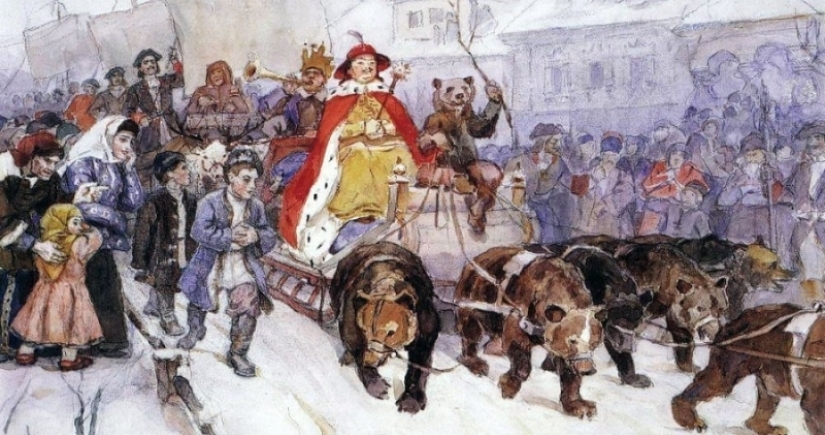
The tsar, who remained in history a bloody tyrant and a lover of women, was not averse to joking. Most of Ivan IV's improvisations ended in someone's painful death, but there were jokes and harmless ones. In 1575, it occurred to Ivan Vasilyevich to abdicate the throne. And not just like that, but in favor of Prince Simeon Bekbulatovich, who leads his family from Genghis Khan himself.
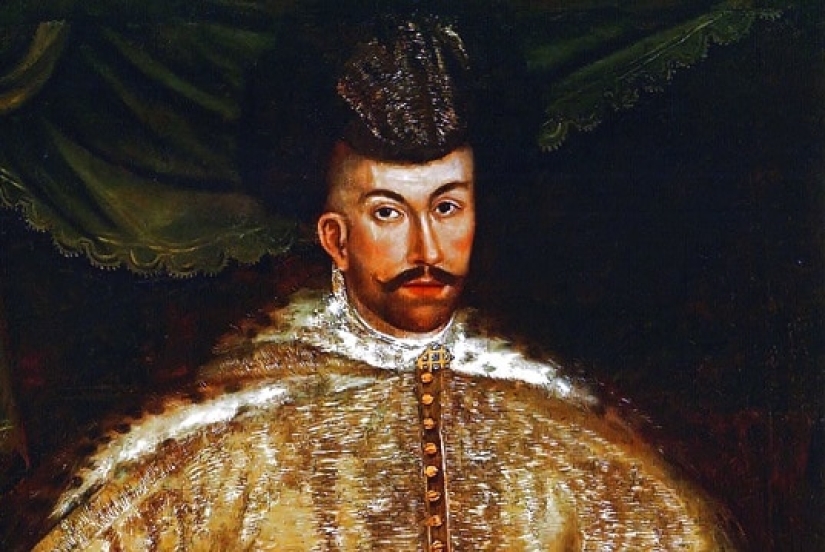
The tsar himself decided to be an ordinary boyar for some time under the name Ivanets Vasiliev. The mock abdication was carried out with all the formalities, as well as the coronation of the new monarch. The new sovereign Simeon was even blessed to reign by the church. Simeon ruled Muscovy for 11 months, and behind his back the real tsar was doing his business. During his "boyarship" Ivan managed to return to the state the lands that he himself had once given to monasteries and boyars.
Then the real tsar returned to the throne and everyone forgot about the joke. They remembered about her after the death of Ivan IV - Simeon was blinded and exiled to the Solovetsky monastery. So this joke of the tsar, although it ended badly, was no longer his fault. And hundreds of other victims of the tsar's humor could envy Bekbulatovich. Someone was boiled in a cauldron, someone was sent "to the angels" on a barrel of gunpowder, and someone "fought" with a bear.
You can write a voluminous volume about the jokes and jokes of Peter the Great. The tsar began with funny decrees. In one of them, he ordered all senators to learn speeches by heart, and not to read from a piece of paper. "So that everyone's foolishness could be seen by everyone," the king said. In another decree, Pyotr Alekseevich ordered to fold drunken nobles farther away from the dancers so that they would not be trampled.
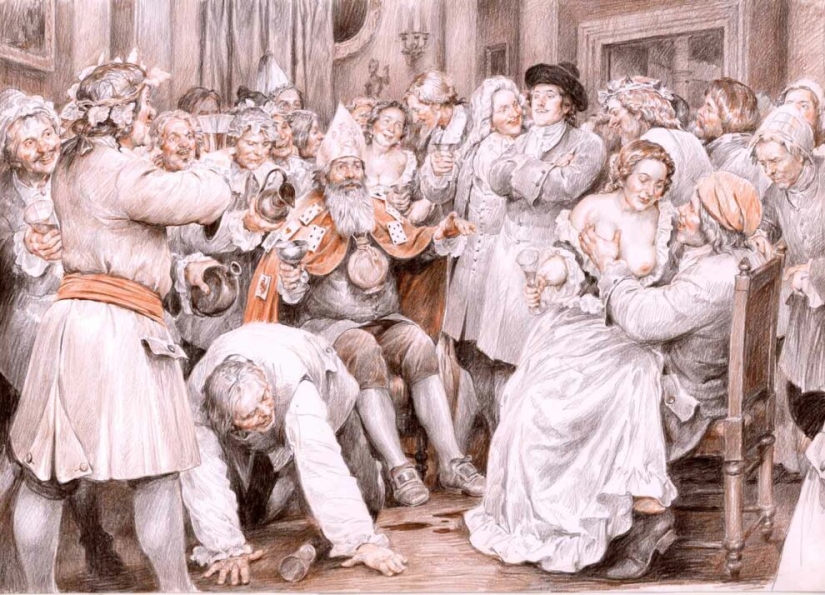
The monarch liked jokes with drunks very much. He even founded the "All-joking, all-drunken and Madcap Cathedral" - an association that included only aristocrats. All members of this community received a comic title and position, and in addition solemnly swore to drink, debauch and ridicule the church. Almost all jokes then were rude and vulgar, but this did not bother anyone at that time.
One of the wittiest pranks of Peter I was a ball to which both Russians and foreigners were invited. The tsar ordered everyone to drink and dance until midnight, and when everyone wanted to leave, he ordered the doors to be locked. The guests turned to Peter for help, but he informed them that the colonel had given the order to close everyone in the palace. He's just a captain, so he can't cancel the order. The fun had to continue.
For Tsar Nicholas I, every April 1 was an occasion to make fun of someone in charge. Once the sovereign sent a report to the chief police officer of St. Petersburg Buturlin about the theft of the monument "The Bronze Horseman". The chief law enforcement officer of the capital rushed to the scene and saw that the figure of Peter was standing still. Buturlin reported this to the tsar, who replied that he was just joking.
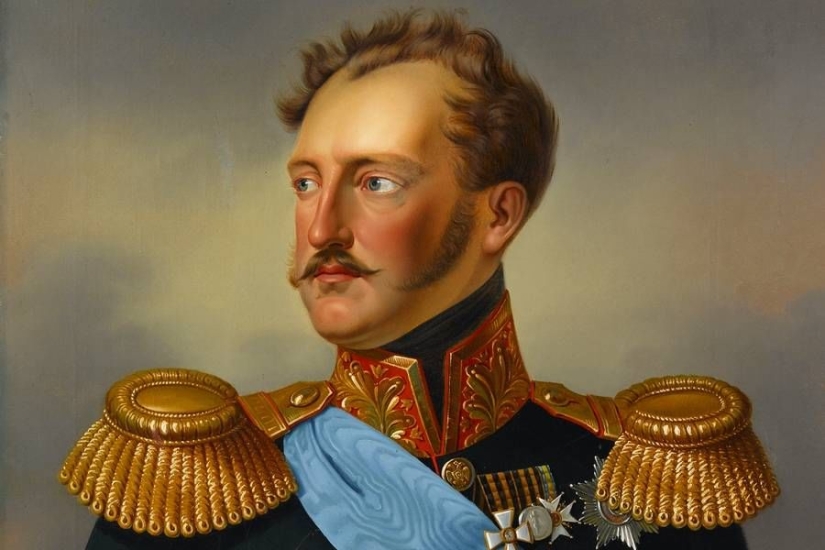
But a year later, Buturlin took revenge, ignoring the chain of command. He informed Nicholas I that the Winter Palace was on fire. Fires in the main residence of the Russian tsars happened, so the autocrat believed. But when the worried tsar arrived at the palace, a joyful Buturlin met him there and congratulated him on April 1. Nikolai did not appreciate the joke and called the police chief a fool. At the same time, he clarified that he would be considered a fool not only on April 1, but also on any other day of the year.
Once Nikolai was able to show his sense of humor in the international arena. When a play about the debauched life of his grandmother, Catherine II, was staged in one of the Parisian theaters, the tsar demanded that the play be removed from the repertoire. But the French refused to comply with the requirement, citing the liberal mores of their country. Then the angry Russian tsar asked politely to convey through the ambassador that he wanted to send 300 thousand spectators in gray overcoats to the premiere. Of course, the play was canceled.
Of all the Russian autocrats, Alexander III was the most peaceful and intelligent. The tsar also had an excellent sense of humor, as evidenced by numerous aphorisms of his authorship. The Emperor was a passionate Russophile and he was burdened by his German roots.
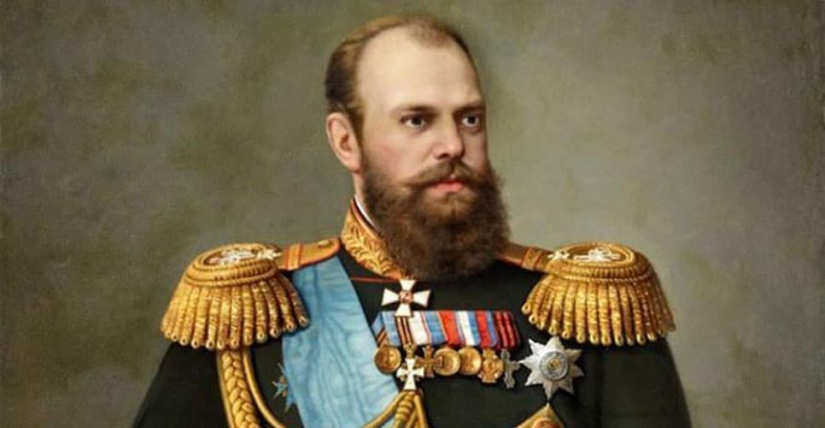
Once the tsar instructed historians to sort out the genealogy of his father, Paul I. Nothing unexpected turned out — Pavel's father turned out to be Emperor Peter Fedorovich, born Karl Peter Ulrich. After listening to the report, Alexander exclaimed with annoyance: "Thank God, we are legitimate!". But later he was informed that there was evidence that his father was related to Count Saltykov. The tsar reacted to this with a joyful phrase — "Thank God, we are Russians!".
There was another case that characterizes the emperor as a kind man and with a sense of humor. In one of the capital's inns, one visitor got drunk and started shouting that he didn't care about Alexander III. To prove this, the drunkard approached the portrait of the tsar on the wall and spat on it.
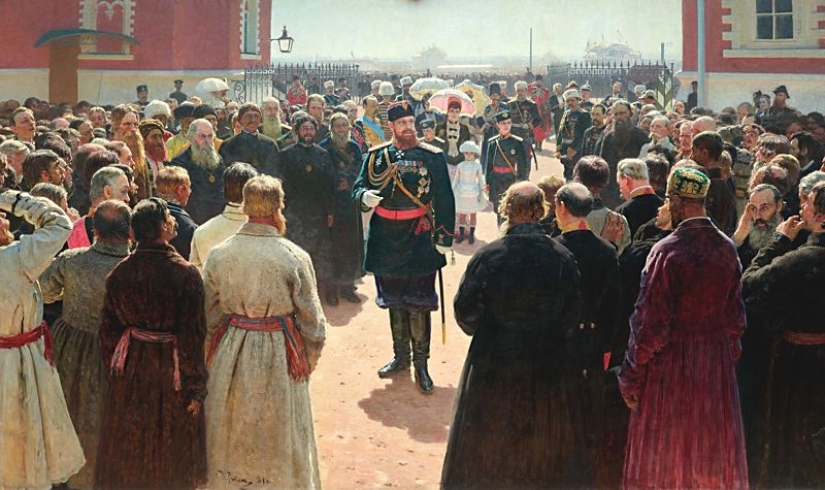
The tsar became aware of this case and everyone expected reprisals against the drunken fool. But the monarch behaved magnanimously and ordered the release of the person guilty of insulting his person. He also told me to tell the drinker that the tsar didn't care about him either. In order to avoid a repetition of such cases, portraits of reigning persons were forbidden to hang in drinking establishments.
Recent articles

It's high time to admit that this whole hipster idea has gone too far. The concept has become so popular that even restaurants have ...

There is a perception that people only use 10% of their brain potential. But the heroes of our review, apparently, found a way to ...

New Year's is a time to surprise and delight loved ones not only with gifts but also with a unique presentation of the holiday ...